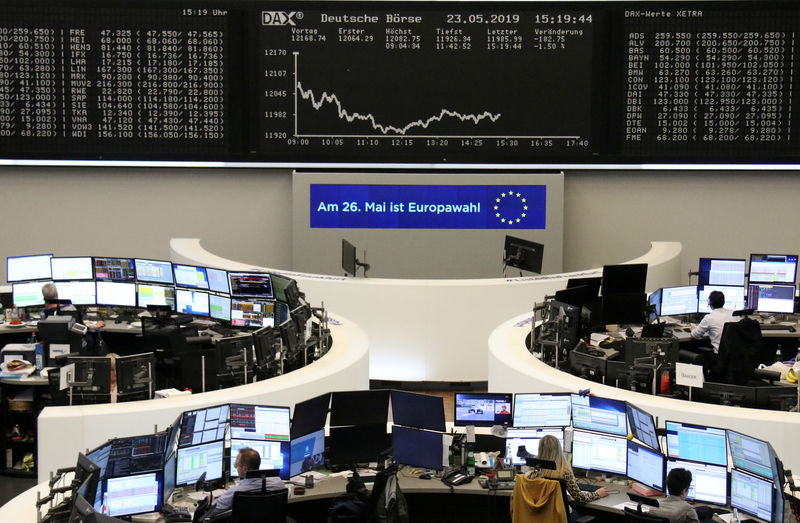
LONDON — European markets on Tuesday pulled back slightly, tracking risk-off sentiment globally as investors assess whether last month’s rally has further to run.
The pan-European Stoxx 600 provisionally closed 0.2% lower, with financial services stocks shedding 1.7% to lead losses as most sectors and major bourses slid into negative territory.
Oil and gas stocks were among those to buck the trend, adding 0.7%.
The European blue chip index finished Monday’s trading session fractionally lower to begin August, after closing out its best month since November 2020.
Earnings remain a key driver of individual share price movement. BP, Ferrari, Maersk and Uniper were among the major European companies to publish their results.
U.K. oil giant BP boosted its dividend as it posted bumper second-quarter profits, benefitting from a surge in commodity prices. Second-quarter underlying replacement cost profit, used as a proxy for net profit, came in at $8.5 billion. BP shares climbed nearly 3% on the news.
At the top of the Stoxx 600, Dutch chemical company OCI gained over 7% after a strong second-quarter earnings report.
At the bottom of the index, shares of British builders’ merchant Travis Perkins dropped more than 8.7% after the company reported a fall in first-half profit.
Shares in Asia-Pacific retreated overnight, with mainland Chinese markets leading losses as geopolitical tensions rose over U.S. House Speaker Nancy Pelosi’s possible visit to Taiwan.
U.S. stock futures fell on Tuesday after slipping lower to start the month, with not all investors convinced that the pain for risk assets is truly over.
The dollar and U.S. long-term Treasury yields declined on concerns about Pelosi’s Taiwan visit and weak data out of the United States, where data on Monday showed that manufacturing activity weakened in June, furthering fears of a global recession.
Oil also retreated as manufacturing data showed weakness in several major economies.
The first Ukrainian ship — bound for Lebanon — to carry grain through the Black Sea since the Russian invasion left the port of Odesa on Monday under a safe passage deal, offering some hope in the face of a deepening global food crisis.





























